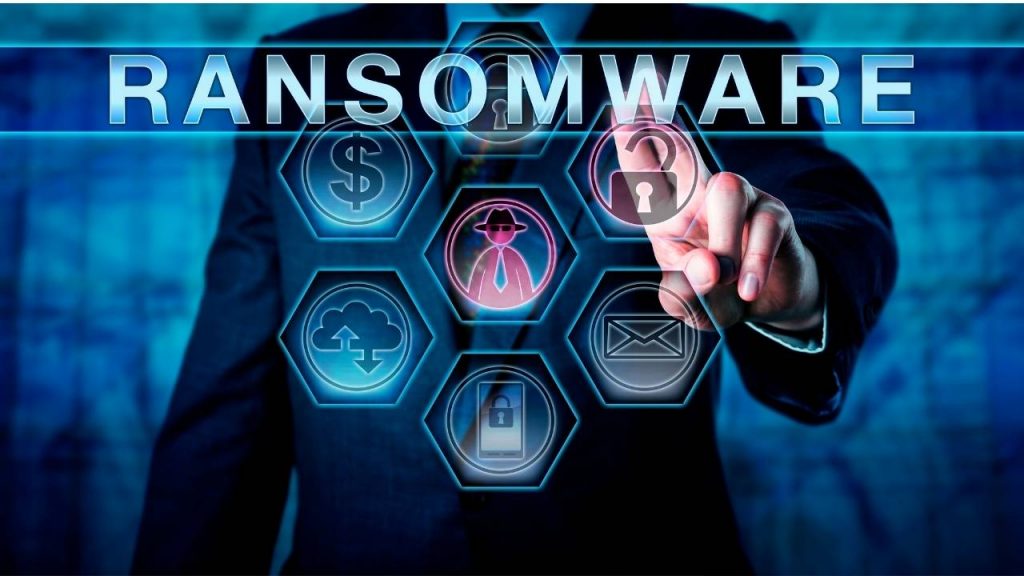Is immutable cloud backup a remedy against ransomware attacks
Ransomware attacks are on the rise. It has become one of the fastest-growing cyber security issues in recent history. It is estimated that at least one attack occurs every eleven seconds. In 2019, Emisisoft, an antivirus software company estimated that businesses lost approximately $7.5 billion to ransomware attacks.
Researchers recorded a worrying 318 million more attacks in 2021. Compared to 2020, this figure was 105 per cent [%] more. The high-profile attacks targeted businesses, government installations, healthcare, educational institutions, and even individuals. Ransomware attacks also hit supply chains leading to widespread system failures and unplanned downtime, something that worsened the already bogged down sector, occasioned by the events of lockdowns due to the pandemic. The costly recovery occasioned by the attacks has not only made businesses lose but also left them exposed. While backups can help in remedying the situation and act as a fallback when the attacks occur, merely making copies of valuable data will not make an entity invincible against cyber threats.
Advanced ransomware threats are infiltrating backups leaving data owners with little chance of recovery while guaranteeing the actors a lucrative venture. It is this kind of situation that had the IT professionals thinking and now we have immutable backups as part of the disaster recovery strategy.
What are immutable storage or backups and their benefits?
Immutability denotes having a system that is fixed or undeletable; one that cannot be altered or changed. When we talk about immutable backup, we refer to a data storage system that no one can alter. This safeguards it from attacks, guaranteeing the data owner of a safe recovery in case of loss or an attack. With immutable backups, organisations are assured that they have a copy of recoverable data, one that remains secure from undesirable incidents or unforeseen events. Once the data is stored as an immutable backup; it remains unaltered, essentially offering protection against attacks. Data in an immutable backup is impervious to attacks.
Also, keeping immutable backups guarantees recovery once attacked by malicious software. You will find your data and recover it from a clean backup. When it comes to meeting data security and complying with the regulations, immutable backups are crucial as they help in keeping accurate copies of the historical data.
Best practices
Although immutable backup protects against attacks, you still need to align the backup with your business needs. To achieve this, you need to play within the backup best practices. Start by defining the data backup scope as it is an important component of the protection strategy, such as the 3-2-1 backup rule (by Veeam).
In an event that ransomware encrypts a server and needs to recover it, discovering that you never backed it up can be disorienting. The dynamic nature of information technology demands that you review your scope now and then. If there is an additional service or server, reconfigure your backup policies to accommodate the change.
Other measures include using remote cloud storage as this has been shown to help in meeting offsite compliance requirements and improvement of protection against cyber attacks. To ensure completeness, test your restoration regularly. This assures that you can retrieve your data safe as well as highlights the shortcoming of your process.
With increased cases of ransomware, businesses, government agencies, and even individuals need to adopt measures that can guarantee data safety and recovery, immutable cloud backups offer hope in these attempts.
If you looking for immutable offsite (cloud) backup get in touch at [email protected] or +44 (0)808 9000 247.

